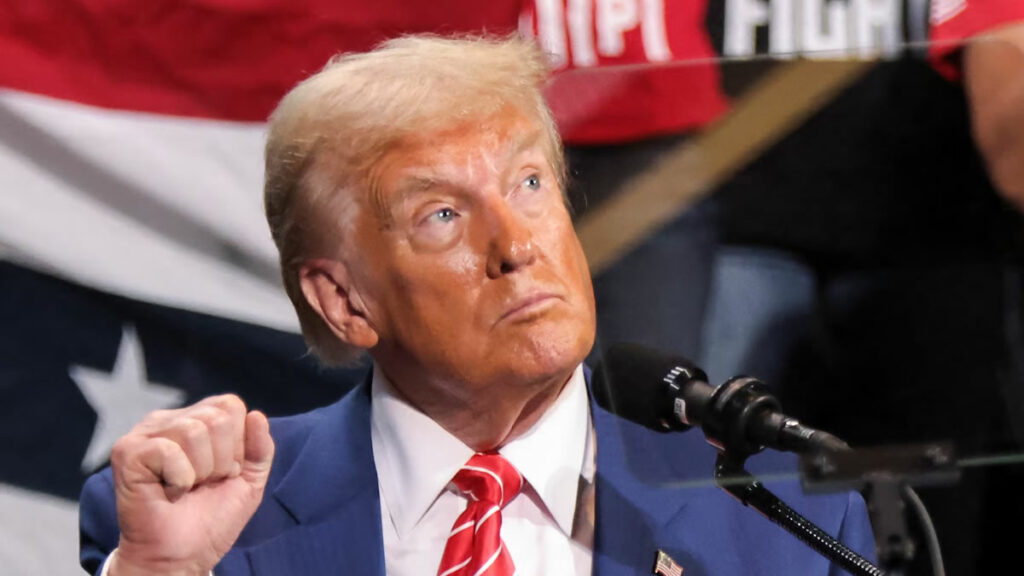The Supreme Court’s oral arguments on Monday regarding the Food and Drug Administration’s (FDA) rejection of a new flavored vape felt like a lame-duck exercise, as the challenge against the agency regulation may become moot once President-elect Donald Trump takes office. Eric Heyer, the attorney representing the vape companies, acknowledged the uncertainty surrounding the FDA’s approach under the new administration, given Trump’s stated intention to “save flavored vapes.”
The looming conclusion of the Biden administration, which has overseen agencies that have been significantly more aggressive in their regulatory efforts compared to what is expected under Trump, cast a shadow over the proceedings. Despite this, even the right-wing justices seemed more receptive to the government’s case than they often are in challenges to agency power.
Justices Brett Kavanaugh and Amy Coney Barrett appeared to support the government’s argument that the FDA had clearly weighed the public health benefits against the risks when rejecting the flavored vape. The fact that seven other courts of appeals had already upheld similar FDA rejections likely influenced their stance, with the ultra-conservative 5th Circuit Court of Appeals being the outlier in sending the case to the Supreme Court.
However, as Heyer pointed out, Trump’s FDA may lose interest in preventing youth-attracting flavored e-cigarettes from flooding the market. While the specifics of Trump’s plans remain unclear, a standard Republican president would be expected to unwind regulations at the behest of corporations.
The justices expressed skepticism, nearly across the board, that the agency had misled the vape company by requiring it to demonstrate that the benefits outweigh the risks. Barrett likened Heyer’s request to “almost like a reverse Chevron deference,” referring to the recently overturned doctrine that courts should defer to executive branch agencies’ expertise. Kavanaugh also took an FDA-friendly view, suggesting that the agency’s decision, grounded in the congressional statute, is essentially final if it has reviewed all relevant information and determined that the benefits do not outweigh the harm to youth.
The Court’s stance in this case, which marries the less ideologically charged issue of vapes with the understanding that an exercise of agency power may be undone in a few months, contrasts with its dimmer views on agency power when cases more neatly align with political fault lines, such as environmental and gun regulations. The Roberts Court has consistently chipped away at agency power, even if it occasionally grants a win.
While the Biden administration may temporarily benefit from this case, the greater trend of the Court’s erosion of agency power remains undeniable. The upcoming term under Trump’s leadership is expected to bring significant changes to the regulatory landscape, potentially decimating many of the regulations put in place during the Biden administration.
- UK Tobacco Ban 2026: The “Smokefree Generation” Law - March 4, 2026
- Myanmar Enacts Total Ban on E-Cigarettes and E-Shisha - February 25, 2026
- UK Announces Mandatory Vape Tax and Duty Stamps from 2027 - February 10, 2026


